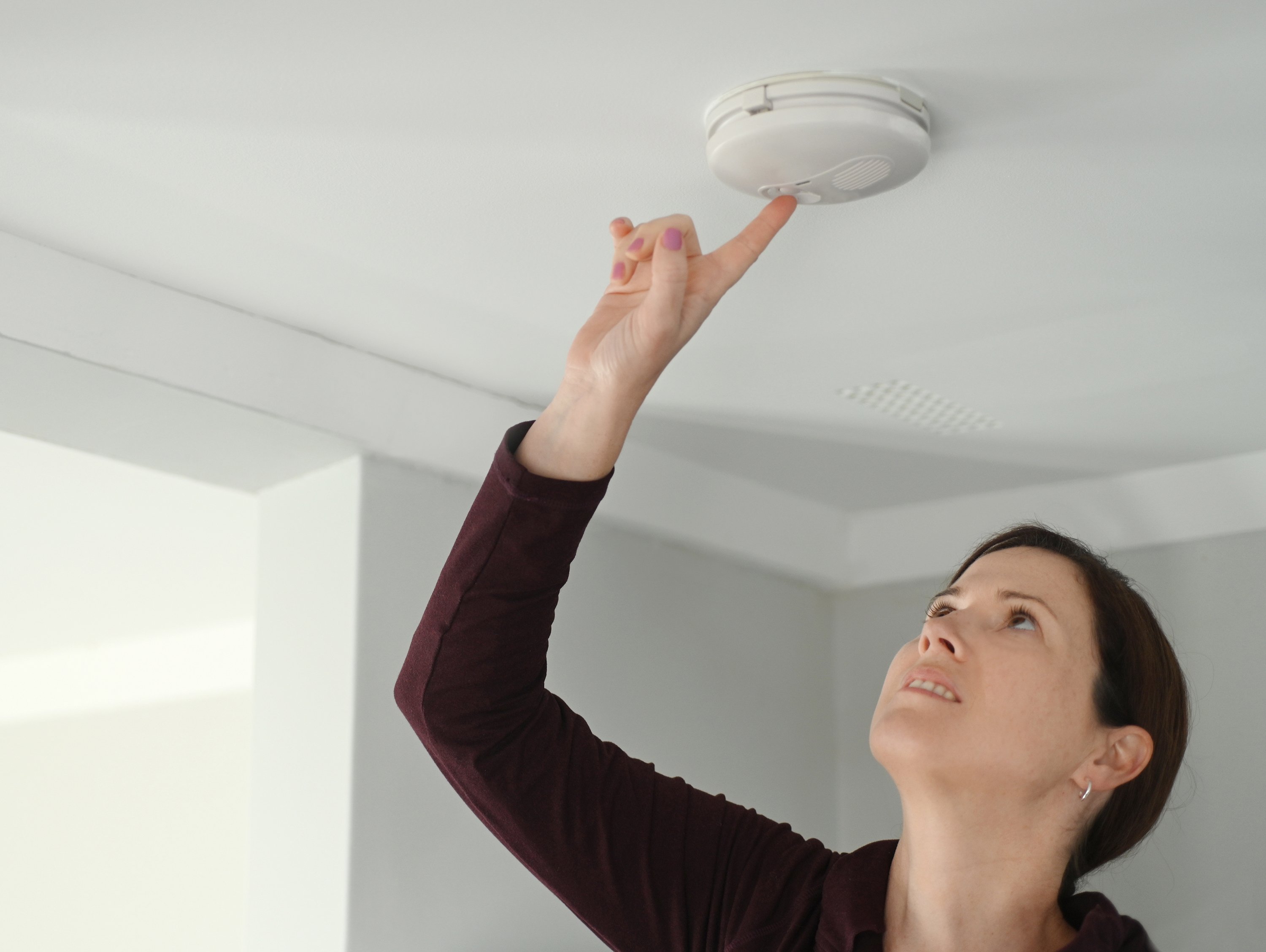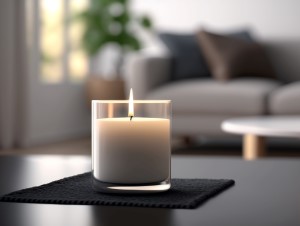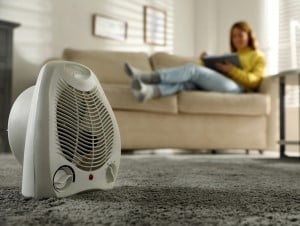Fire Safety Tips
Keep your family safe with these prevention measures
Smoke Alarms Save Lives
The risk of dying in a home fire is cut in half with working smoke alarms.
- Install smoke alarms in every sleeping room and outside each separate sleeping area. Install alarms on every level of the home, including the basement.
- It is best to use interconnected smoke alarms so that when one smoke alarm sounds, they all sound.
- Test all smoke alarms at least once a month.

Make an Escape Plan

Fire can spread rapidly through your home, leaving you as little as one or two minutes to escape once the smoke alarm sounds.
- Walk through your home and inspect all possible exits and escape routes. Draw a floor plan of your home, marking two ways out of each room, including windows and doors.
- When you walk through your plan, check to make sure the escape routes are clear and doors & windows can be opened easily.
- Choose an outside meeting place a safe distance in front of your home where everyone can meet after they have escaped.
- Once you're out, stay out! Under no circumstances should you go back into a burning building. If someone is missing, inform the 911 dispatcher when you call. Firefighters have the skills and equipment to perform rescues.
Blow Out Candles

More than one third of candle fires start in a bedroom.
- Blow out candles when you leave the room or go to bed.
- Keep candles at least one foot away from anything that can burn.
- Never leave a child alone in a room with a burning candle. Keep matches and lighters out of children's reach.
- During power outages, use flashlights, not candles, for lighting.
Prevent Heating Fires

Half of all home heating fires occur in the months of December, January and February.
- Keep anything that can burn at least three feet from any heat source, including fireplaces, wood stoves, radiators or space heaters.
- Install and test carbon monoxide alarms at least once a month.
- Have a qualified professional clean and inspect your chimney and vents every year.
- Store cooled ashes in a tightly covered metal container and keep it outside at least 10 feet from your home and any nearby buildings.
- Plug only one heat-producing appliance such as a space heater into an electrical outlet at a time.

